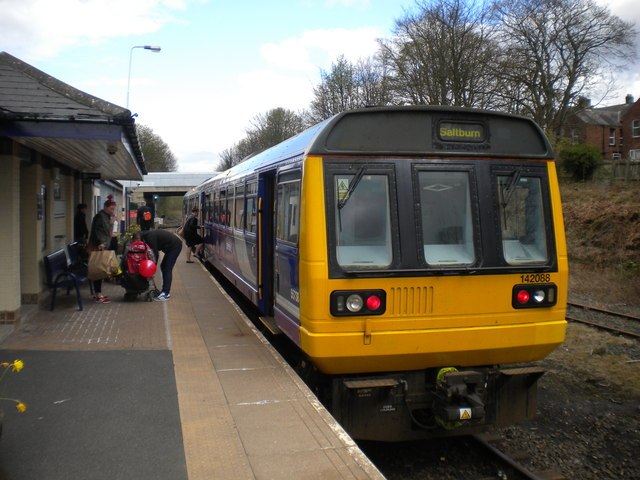$143.6M Boost to Auckland and Wellington Rail Networks for Critical Upgrades
Transport Minister Chris Bishop has confirmed the funding as part of Budget 2025, promising more reliable, resilient, and future-ready rail services in both cities.

- Country:
- New Zealand
Rail commuters in Auckland and Wellington are set to benefit from a $143.6 million investment aimed at tackling years of underinvestment and overdue maintenance in New Zealand's metro rail systems. Transport Minister Chris Bishop has confirmed the funding as part of Budget 2025, promising more reliable, resilient, and future-ready rail services in both cities.
Addressing Years of Neglect in Urban Rail Infrastructure
Metro rail systems in New Zealand's two largest cities have faced significant challenges due to chronic underfunding and infrastructure aging, resulting in delays, breakdowns, and service unreliability that impact thousands of daily commuters.
"Getting to and from work should be painless, but that hasn't been the case for thousands of people each day," said Minister Bishop. "This investment will help reverse years of underfunding and bring our metro systems closer to where they should be."
The new funding will be split between the cities as follows:
-
$94.2 million for the Wellington metro rail network
-
$49.4 million for the Auckland metro rail network
Wellington: Focus on Safety and Climate Resilience
The Wellington metro rail network will receive the lion's share of the funding to carry out urgently needed track renewals and maintenance, especially along the Hutt Valley and Kapiti Lines. Key elements of the upgrade programme include:
-
Replacement of worn rail and sleepers
-
Modernisation of turnouts (mechanisms allowing trains to switch tracks)
-
Refurbishment of rail bridges
-
Drainage and culvert upgrades to manage heavy rainfall
-
Slope stabilisation to reduce landslide risk and weather-related service disruptions
These improvements will increase network reliability, reduce delays due to track faults or weather events, and extend the life of core infrastructure components.
Auckland: Preparing for the City Rail Link Era
With the long-anticipated City Rail Link (CRL) project scheduled to open in 2026, Auckland's rail network must be ready to accommodate a new era of high-frequency train services. The $49.4 million investment is designed to strengthen the existing network's resilience and reliability in preparation.
Key upgrades in Auckland will include:
-
Replacement of ageing turnouts on the Southern and Western Lines
-
Track and foundation upgrades in the Parnell Tunnel
-
Rail and sleeper replacements across critical corridors
-
Drainage improvements and culvert replacements
-
Slope stabilisation to protect against future disruptions
"The Auckland renewals work will ensure the network is robust enough to support the significant increase in services once CRL opens," noted Bishop.
Building on Previous Commitments
This investment builds on significant funding already delivered in prior years:
-
$48.8 million (2024) for Auckland metro renewals
-
$159 million (2024) for Auckland's Rail Network Rebuild
-
$52.9 million (2024) for Wellington network renewals
Collectively, these investments reflect the Government's renewed focus on sustainable urban mobility, climate adaptation, and modernising critical public transport infrastructure.
Implementation Timeline and Outlook
The maintenance and renewal work is already underway and will ramp up during the warmer summer months, a period ideal for major rail construction activities. With both cities facing growing populations and increased transport demands, these upgrades are essential to ensure safe, efficient, and frequent train operations well into the future.
"This is a long-term commitment to reliable rail services. We are fixing the basics so New Zealanders can have the dependable public transport they deserve," said Bishop.
The project also reinforces the Government's commitment to supporting regional economies, as rail improvements often lead to better connectivity, reduced congestion, and environmental benefits through a shift from cars to mass transit.









